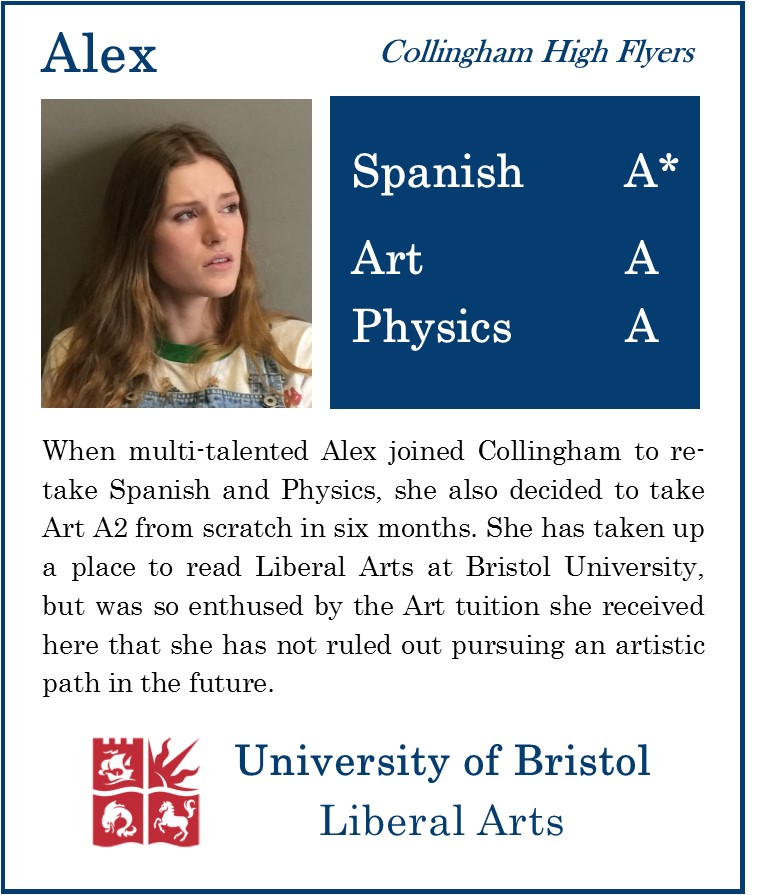Spanish at Collingham
Spanish is taught at Collingham by tutors who combine unimpeachable academic credentials with a love of the customs and quirks of Spanish-speaking countries.
Why Spanish?
As the mother tongue of 470 million people, second only to Mandarin in its number of native speakers, Spanish continues to grow in global importance. It is estimated that by 2030 7.5% of the world’s population will be hispanohablantes. Studying the language is a passport to foreign travel, to business activities in many parts of the United States as well as Spain and Spanish America, and –most importantly- to the extraordinary diversity of the cultures and histories of the Spanish-speaking world.
Throughout the sixteenth and seventeenth centuries Spain enjoyed the status of the first-ever superpower, with an empire stretching across much of Europe and the Americas. The cultural explosion during this period produced Cervantes’ Don Quijote and the artistic masterpieces of Velázquez and Murillo, whilst the Spanish Armada and Spanish Inquisition are among the more infamous contributions to European history. Since then Spain has given us Goya, Picasso and Dalí, not to mention Pedro Almodóvar, Iberian ham and the indispensable retail chain Zara.
Latin America has enriched world culture in numerous ways. In literature the region has produced notable writers and thinkers such as Sor Juana Inés de la Cruz (Mexican), a seventeeth-century protofeminist nun who defended the right of women to go to university. The Colombian novelist Gabriel García Márquez is a notable example from the modern era. Towering figures in the sphere of visual arts include the Mexican painter Diego Rivera (the father of the muralist movement) and his wife Frida Kahlo. The region has also influenced the world musical scene with rhythms such as bolero, mariachi music and cumbia.
Spanish at A level entails intensive study of the language alongside the society, literature and film of countries where it is spoken. You will gain a thorough grounding in Spanish grammar and be encouraged to use the language actively to read, write and engage in conversation. A wide range of authentic multimedia resources is used. The A-Level places emphasis on the study of literature and film. The Department carefully selects options from an extensive list, to reflect the interests of the cohort. Students undertake an individual research project in preparation for the speaking exam, enabling them to pursue an area of their own choice within this endlessly stimulating subject.
